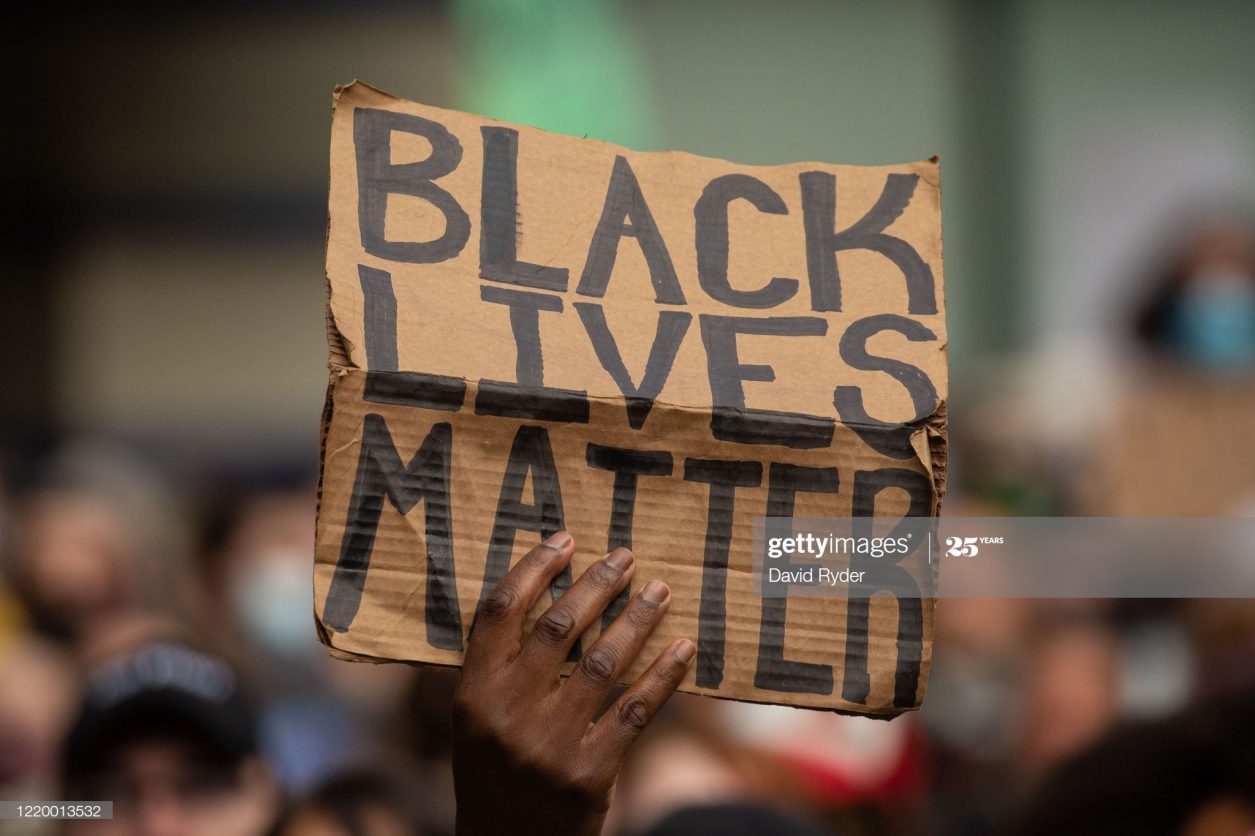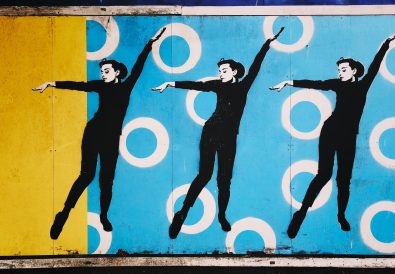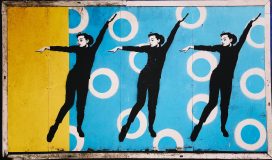
May 25, 2020, this day marks the black day internationally as an African-American man was killed brutally by the police in the US. And from May 26, international protests had begun accompanied with the headlines dominating by the killing of George Floyd. Thousands came forward around the world and denounce anti-blackness and brutality of the police, and while online a campaign started in the support of #BlackLivesMatter in an attempt to end this systemic racism. These conversations are now a part of American daily life
The United States is at a moment of retribution in which social media is playing a very important role. Social media is keeping an eye on people who are taking action and those who are just playing publicity stunts. But does the Facebook or Instagram story can really give us concrete evidence? I think not, that’s why in this new era one must have its facts straight.
In this volatile time, people are trying to contribute in many ways and trying to fight racism and they are also keeping their favorite brands under strict scrutiny. Our expectations for the online conduct of brands are more strict than ever because let’s just admit it, if these brands act normally as nothing has happened then they might be at the verge of losing followers
A 2019 study reported,”74 percent of consumers think brands should take a stand on political and social issues because the majority of people agree that it is worse for brands to stay silent during this time, no matter how divisive their statements maybe.” So Brands must speak out if they want to stay alive.
Many global brands including L’Oreal are facing backlash on their racist behavior because they have shown discriminatory hiring practices.
The pressure of accusing several global brands on their racist behavior has worked to some extent as many brands came forward on social media and donated to the cause. But there were some who just posted to social media out of obligations only. Therefore we can not judge brands based on social media alone whether they genuinely support BLM or not
Many fashion brands came forward quickly and started posting black squares to Instagram on #BlackoutTuesday and denounce police brutality and racism but not everyone was buying it as many brands faced a backlash from their followers
“Plain and simple, I don’t think there is the intention behind it to make long-lasting, sustainable change,” Teen Vogue editor-in-chief Lindsay Peoples Wagner said in an email to CNN. “Everyone can hop onto the BLM movement right now on social media, but what are you doing in your home, in your corporate office, with your connections, with the power you have?”
As a stylist, Bolden whose celebrity clients include Taraji P. Henson, Ava DuVernay, and Serena Williams, said he struggled to find a designer to dress Henson for the 2017 Academy Awards, where her film “Hidden Figures” was nominated for three awards, including Best Picture. “These are the exact same brands that I would see dressing talent who no one had ever heard of, and they were all white girls,” said Bolden.
“And in those moments, what else are you supposed to lean into? (Henson) has everything they could possibly want. She has the press that goes along with (the Oscar nominations), she has the major coverage, she’s presenting, she’s won a Golden Globe… she’s in critically acclaimed movies. And yet they said no.”
“I don’t know if any White person is even able to relate to the emotional turmoil that is being Black and trying to have a business here and trying to survive (in this industry)… I don’t know if there’s any sector in a fashion where Black people can say we have the same resources, we’re equal, we’re treated the same,” said model Adesuwa Aighewi, one of the most high-profile Black models working today.
At this time, people will notice false facades. “If a brand suddenly activates content around a cause it does not have a history of supporting, it will appear superficial and transactional,” says Conor Begley, co-creator of influencer analysts Tribe Dynamics.
In this regard, he praises Rihanna’s Fenty as a brand because it has taken on social issues on several occasions and hired models from the off.
“As a result, the brand’s recent contributions to racial justice conversations on social media do not appear hollow or performative, but rather an authentic expression of the values Fenty has always stood for,” Begley says.
“It’s time to clean house and get things in order,” says Karen Binns, fashion director of Fashion Roundtable. “The consumer will be asking for receipts, so get ready.”
Ultimately, brands must show actions beyond the screen else they will be forgotten.



